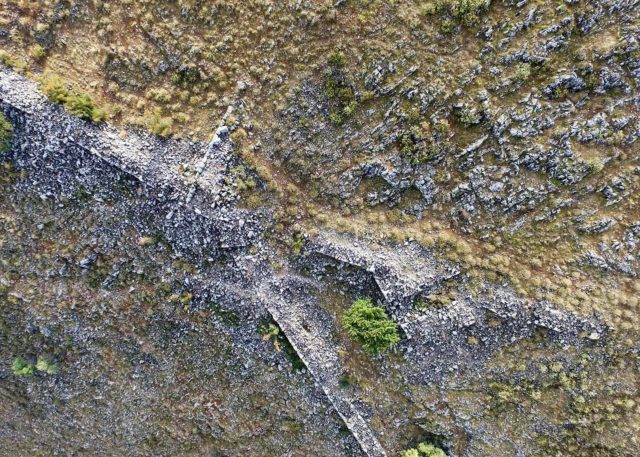Ancient Greece has fascinated scholars, students, and the population at large for centuries. People still read and study ancient history, and allusions to mythology and culture seep into twenty-first century dialogue, art, and music.
Intriguingly, archaeologists are still studying and unearthing new information about ancient Greece. Such work has recently been conducted 300 kilometers north of Athens at a long-neglected hill. Researchers from the University of Gothenburg, the Swedish Institute at Athens, and the Karditsa Archaeological Service banded together to form the Vlochós Archaeological Project to research the hill near the village of Vlochós, Greece – and what they have found provides new insights into ancient life and culture in the region.

The hill was once believed to be insignificant to archaeologists, and the area of western Thessaly as a whole had been described as “the backwater of the ancient world.” Fortunately, the Vlochós Archaeological Project investigated anyway, and they found remains dating as far back as 500 BCE. Visible remains discovered included ancient pottery and coins.
To avoid excavation, the research team used modern technology like ground-penetrating radar. They observed a town square and a street grid indicating that the mysterious city on a hill could have been as large as 100 acres.

Team member and University of Gothenburg Ph.D. student Robin Rönnlund explained, “Very little is known about ancient cities in the region, and many researchers have previously believed that western Thessaly was somewhat of a backwater during antiquity. Our project, therefore, fills an important gap in the knowledge about the area and shows that a lot remains to be discovered in the Greek soil.”
Archaeologists theorize that the city was at its peak during the fourth to third centuries BCE. It appears that the citizens abandoned it around the third century, which coincides with a particularly violent time in ancient Greek history – the arrival of the ancient Romans, Inhabitat reported.
The Vlochós Archaeological Project has proven that there is something to be discovered even in areas where nothing of importance was believed to exist. Researchers can now begin to study further and solve the mystery of the city on the hill.
